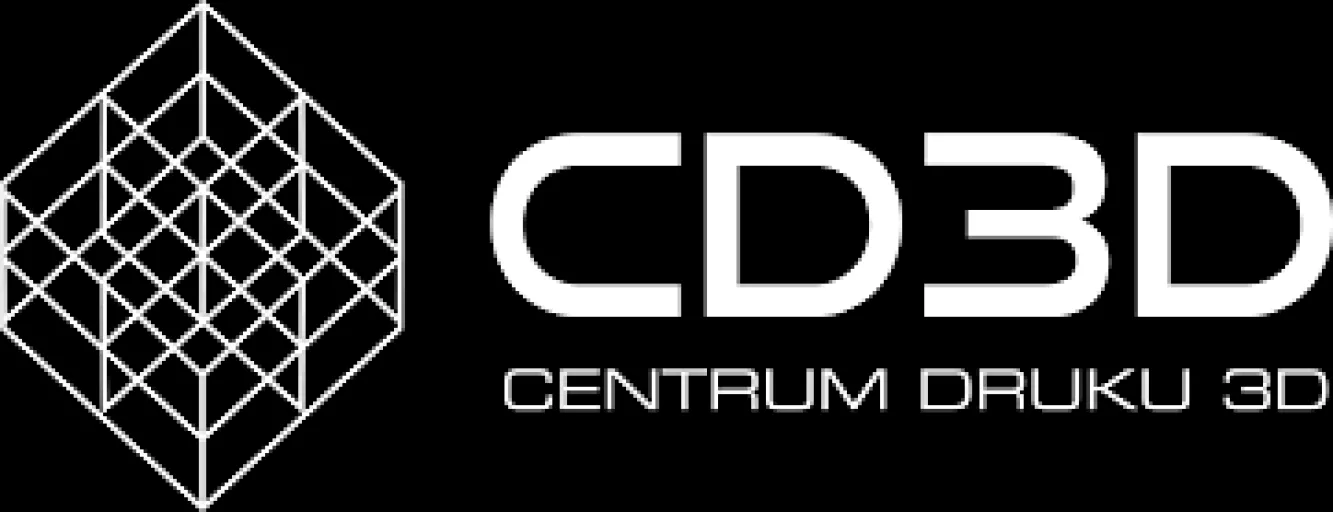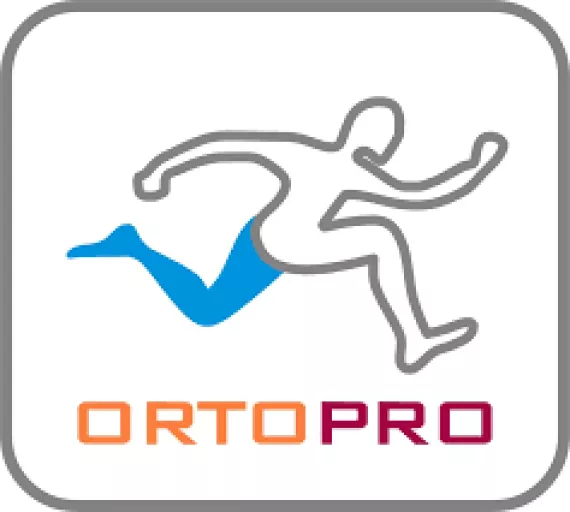I always wanted to combine the power of different disciplines to create something that could serve and help people. Today I can confirm that this was the right decision. The medical job market is very much focused on all innovations and technological developments.

Biomedical Engineering and Technologies
Professional title
Cycle of study
Mode of study
Number of semesters
Language of instruction
Admission
Subjects passed at the baccalaureate exam
Additional subjects
Professional diploma
Dyplom zawodowy
W rekrutacji na ten kierunek nie jest brany pod uwagę dyplom technika
About the field of study
Graduate opinions
Competencies you will gain
About you
Do you want to become an engineer who will support the development of medicine around the world? Biomedical Engineering and Technologies is a hit!
Choosing this field of study will allow you to become qualified to work in many areas of the biomedical industry. What can you learn during your studies? First of all, you will gain the necessary foundation in the sciences, with a special emphasis on biology and related fields. You will also learn about the applicability of technical methods in business. You will gain skills in programming basics and control systems. All this will allow you to design diagnostic and therapeutic devices based on the latest research. You will also have the opportunity to do internships at partner companies, as well as complete one semester of study at a foreign university - the so-called “Mobility Semester”.
Internship
Job perspectives
- hospitals, clinical, outpatient and clinic units, and other treatment units,
- manufacturing units of medical apparatus and devices,
- commercial marketing and technical acceptance and accreditation units,
- design, construction and technology units of medical apparatus and devices,
- scientific research and consulting units and medical administration,
- a sector of companies that manufacture or service medical equipment, develop IT solutions related to biometrics or biomedical data analysis, design and manufacture biomaterials, prostheses or implants,
- scientific units, implementing new technologies in medicine and bioengineering.




